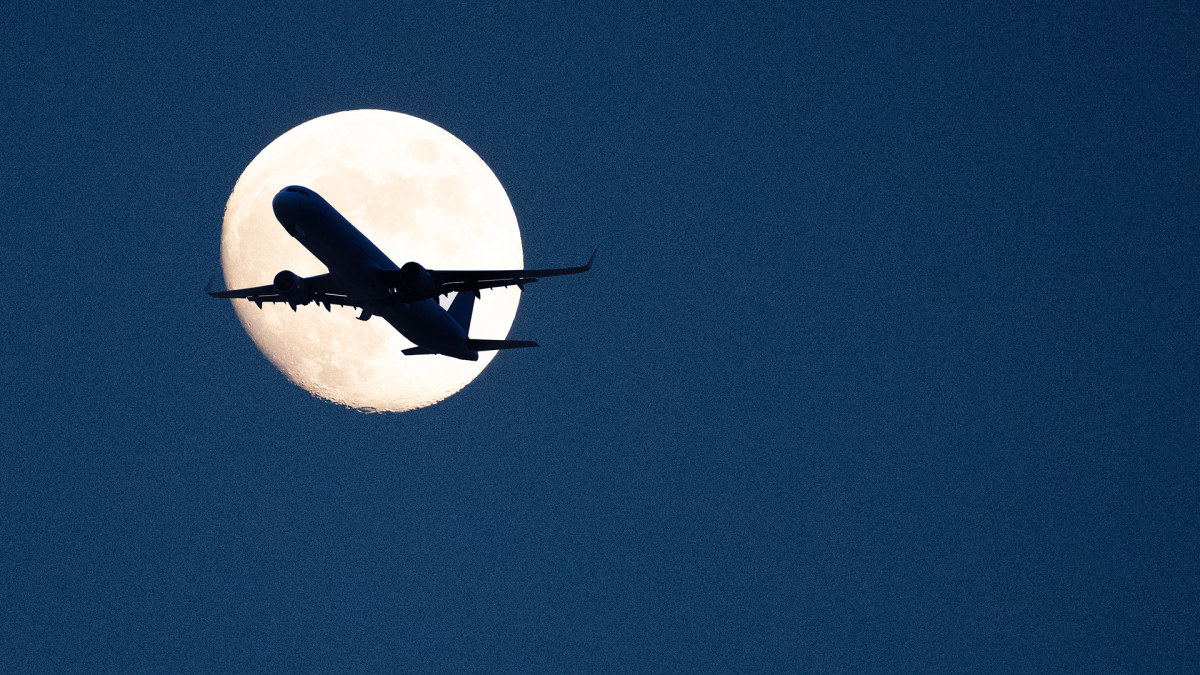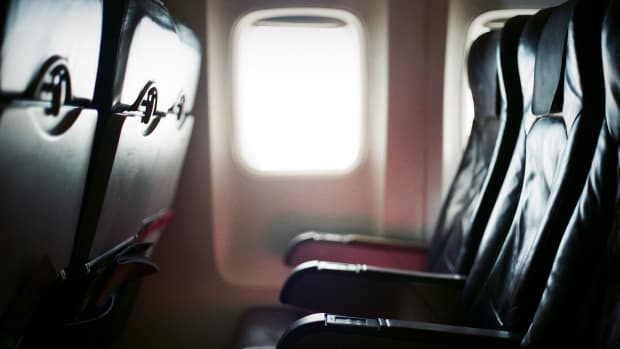
The year began with masks on planes, vaccination rules, a heavily regulated cruise industry, and international travelers facing varying hurdles to enter the United States. The pandemic wasn't at its height in 2022, but airlines, hotels, cruise lines, theme parks, and really the entire travel industry struggled with its lingering effects.
Airlines, for example, took billions in federal dollars in exchange for not laying people off. Attrition and buyouts, however, crippled even well-run companies like Southwest Airlines (LUV), which struggled to meet increasing demand.
Colin Smyth, vice president and general manager of Travel at Flywire and EY Global Consumer Analyst Jon Copestake answered questions from TheStreet about what to expect in travel in 2023. It's probably fair to say "buckle your seatbelts, we may experience some turbulence."

Getty Images
TheStreet: Do you see the trend of people wanting experiences over things continuing?
Smyth: In certain sectors of travel, absolutely. For example, we believe the continued pent-up demand for post-covid travel is driving interest in experience-focused trips like luxury travel, bespoke tours, adventure travel, and more. In research Flywire published earlier this year on luxury travelers from the U.S., 85% of those surveyed said having a personalized travel experience is what they are looking for post-covid. Our research also found that travel overall is becoming a bigger spending priority, 78% said spending on travel is more important to them now than it was pre-pandemic.
Copestake: What we’re seeing is a longer-term trend away from ownership and more towards using discretionary income for more meaningful purchases, which would include experiences. Although what these experiences constitute may differ by consumer with some preferring to spend money on events, others perhaps on vacations and others still on digital experiences.
The key thing here is that 63% of consumers no longer feel a need to keep up with the latest fashion trends and 50% of consumers feel they already have more possessions than they need, according to the EY Future Consumer Index. This means that dialing down conspicuous consumption of products is definitely likely to continue and as discretionary incomes recover or grow they will become more focused on services or experiences rather than just buying “stuff” -- which definitely has a longer-term push factor for traveling.
TheStreet: Are there any lasting changes from covid you see staying in place?
Smyth: First, the role of the travel agent, or adviser, will continue to be important in the luxury travel sector. In our same research, we found that 87% of luxury travelers surveyed from the U.S. are likely to use a travel agent in the next 18 months. 85% of those surveyed said travel agents are the best way to get a personalized travel experience.
Second, we believe that the extension of the typical “peak” season will continue. A convergence of factors will enable this trend to continue--the blurring of work and leisure travel and the continued reopening of key tourist destinations post-Covid is encouraging many travelers to travel beyond what would normally be the busiest travel seasons. We’re hearing this from many of our clients--spanning across travel operators, destination management companies, and accommodations providers--around the world.
Copestake: Yes, although it's always hard to identify what has changed as consumers adapted to a new normal very quickly and are now adapting to a new normal in a “post-covid” but geopolitically and macroeconomically uncertain environment. Consumers tend to get used to change relatively quickly and often don’t notice substantive changes in their behaviors unless they look back and see how they used to behave before a change came into their lives.
For example, over time the world has become reliant on social media, the internet, and smartphones as integral parts of their lives--but if you ask a consumer if they saw any substantive “overnight” change in behaviors over the past two decades it would be hard to pinpoint a catalyst--but clearly there have been huge changes.
There remains a heightened sensitivity to health pandemics that was not apparent before covid. Thirty-five percent of consumers remain extremely concerned about the potential impact of future health pandemics and 68% intend to be more cautious about their physical health which adds more consideration to any decisions to travel to new places.
TheStreet: Do you see international travel to major U.S. destinations like Las Vegas, Orlando, New York, etc. returning to normal?
Copestake: I think it's difficult to refer to “returning to normal”--what has emerged is a new normal. From a consumer perspective, only 39% of consumers travel internationally by air for their vacations compared to 52% who are planning to travel domestically by road for their vacations. There is pent-up demand, but cost and other factors will act as constraints.
Big international centers have a degree of resilience that their cachet as a destination brings, but there is an increasing mindset that asks “why” I need to jump on a plane rather than the instinct just to do it. I’d say that vacations are only one factor here. Business travel is also being curtailed by the fact that digital connectivity has enabled so many meetings to become feasible remotely.
This is being compounded heavily by sustainability and cost-cutting initiatives. Business travel is likely to be one of the first easy changes to make as companies cut back on their carbon footprint and their cost base so the headwinds here in the short to medium term could be strong, but where there is a compelling case to travel, such as for essential trade events or other key gravitational factors then companies, and consumers, will often find a way.
TheStreet: What else do consumers and investors need to know?
Copestake: Intentions around travel and consumption, in general, are likely to be very nuanced between different consumer groups. Those that focus on affordability (25% of consumers) or the planet (25% of consumers) are much less likely to spend on travel than those focused on experience (20%). 44% of those concerned with affordability do not expect to be able to afford to travel by air in the next 12 months while 45% of those concerned with experience are taking the opposite tack by expecting to upgrade their comfort levels by spending a bit more. This means there is no “one size fits all” approach to what the outcome and impact is going to be.
The other elephant in the room comes from innovation and scale. We might be a decade away from commercial hydrogen or solar-powered air travel, but these are rapidly being trialed, with the rising price of fossil fuels accelerating investment and interest in alternatives.







